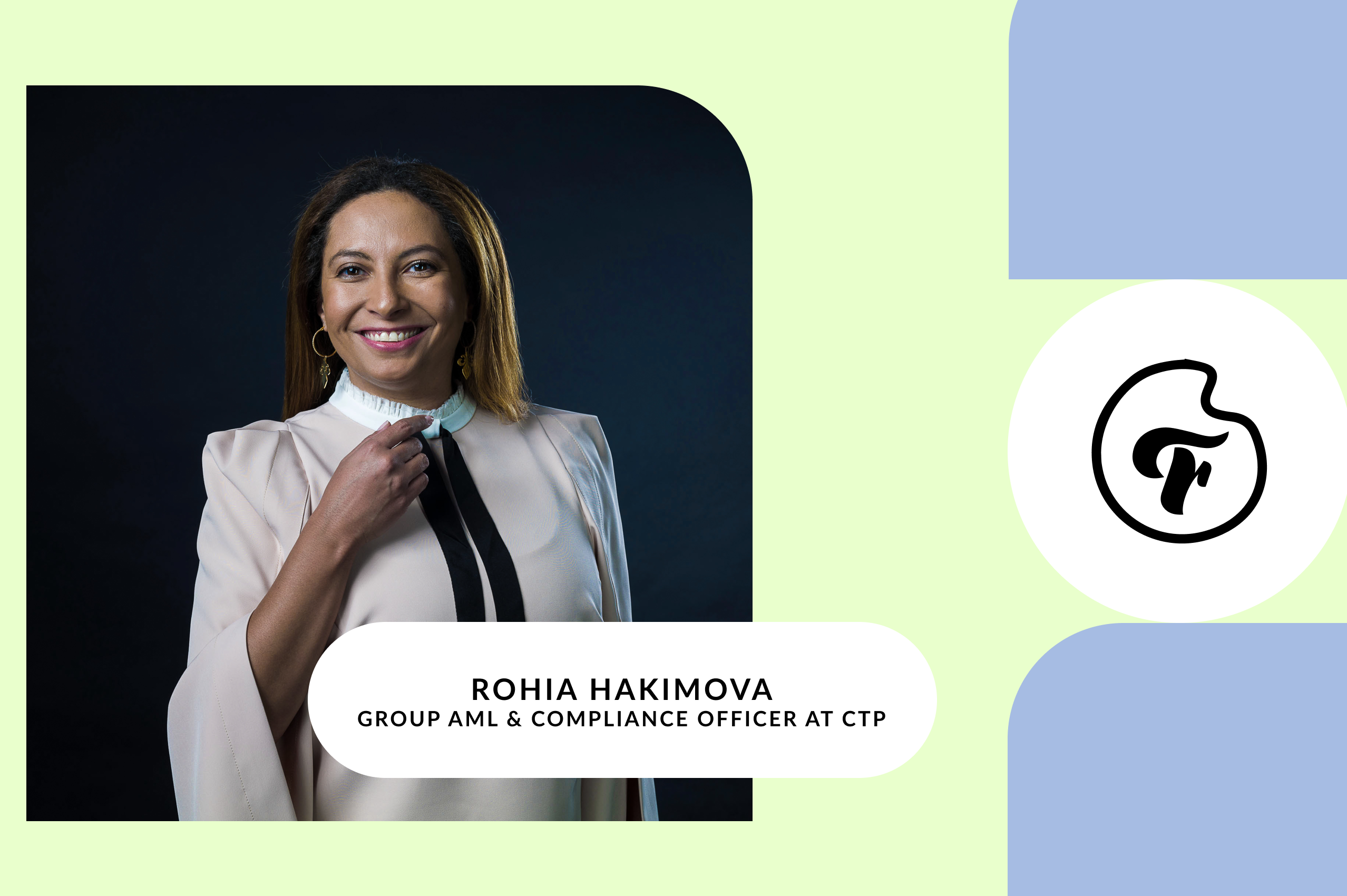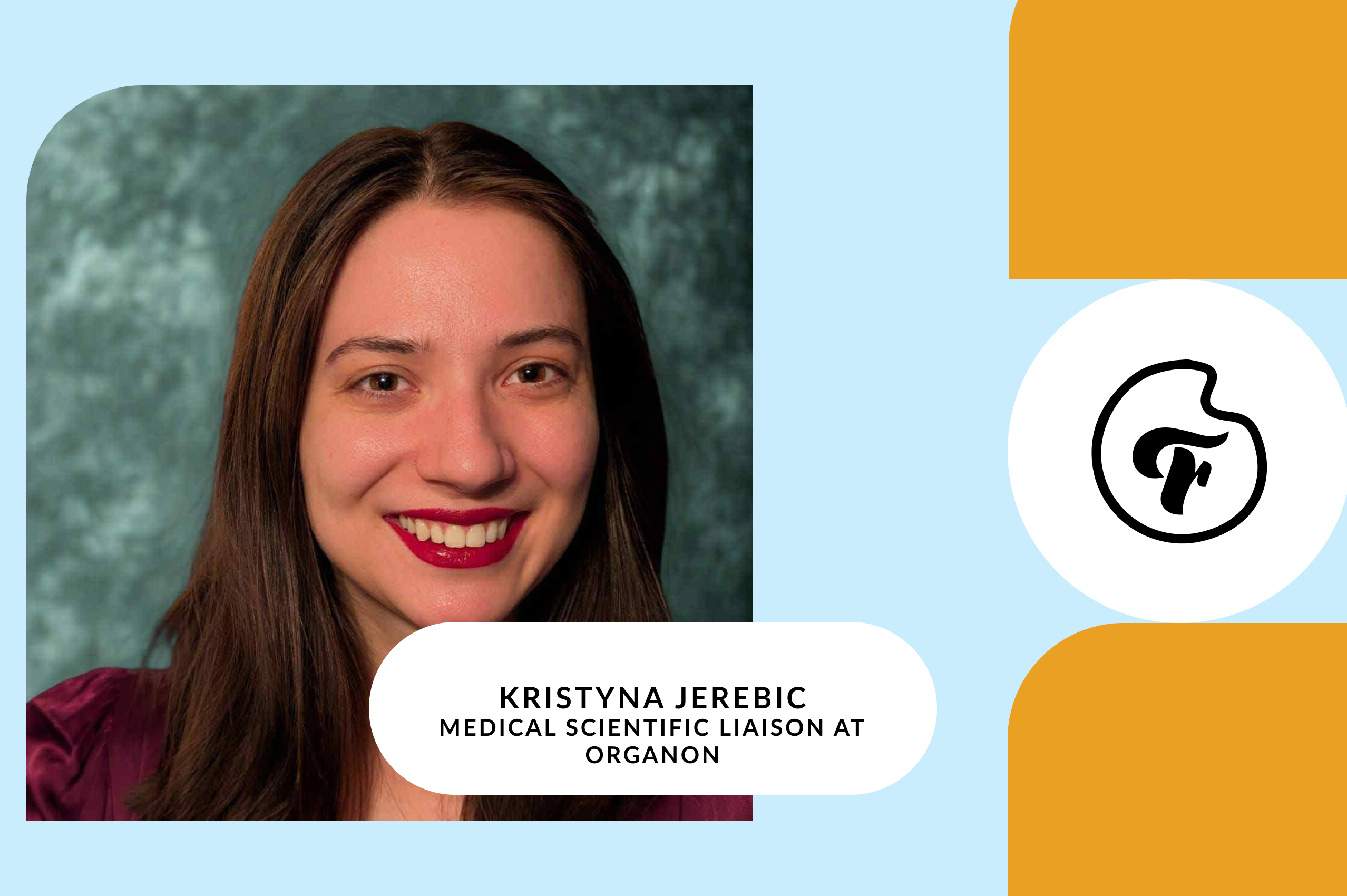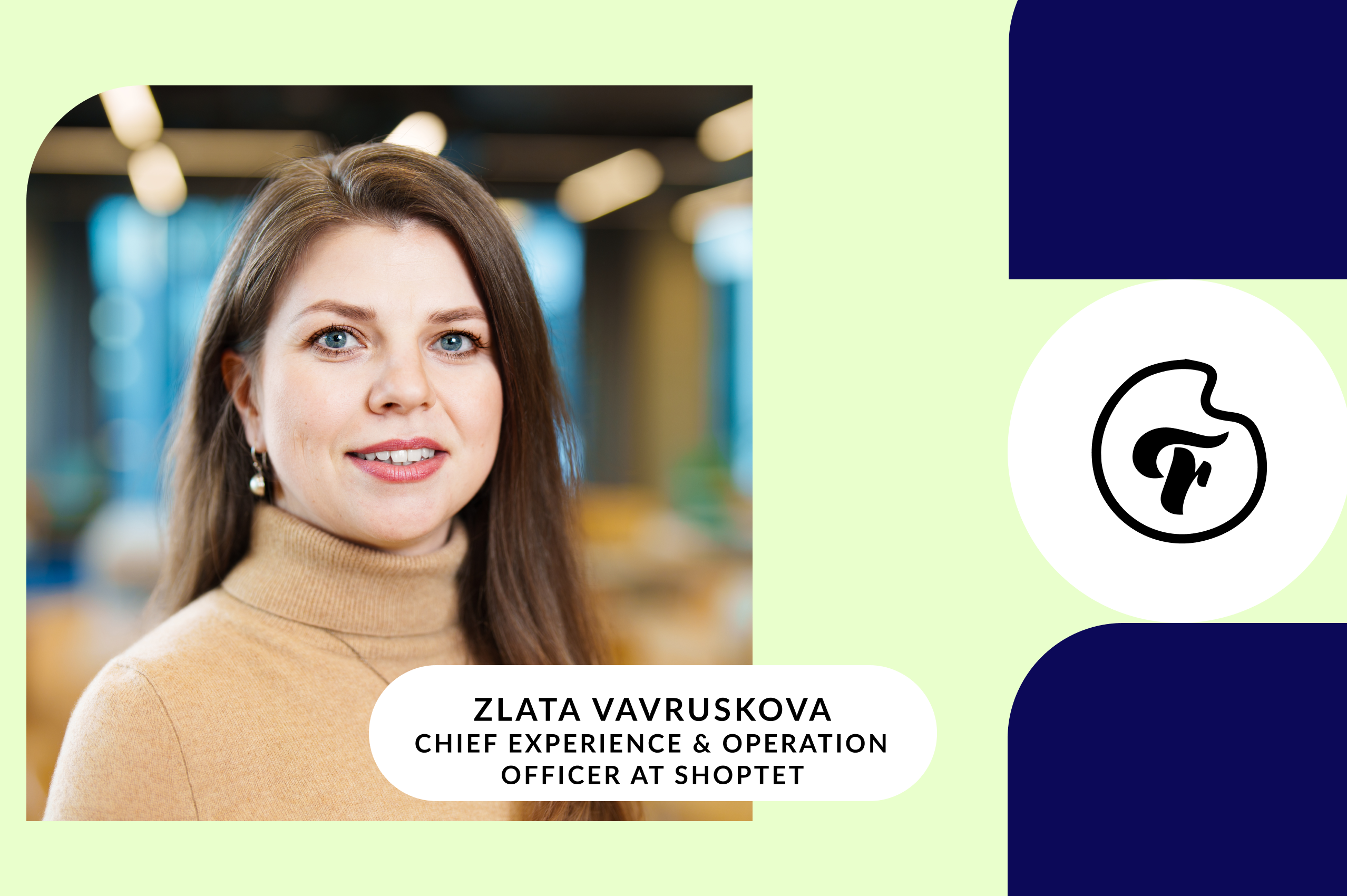
In a world where leadership teams still often lack diversity, Rohia stands out not only for her role but for what she represents. As the Group AML & Compliance Officer at CTP, she oversees compliance, ethics, and regulatory integrity across ten countries, a responsibility she built from the ground up.
Rohia has learned to navigate leadership in a male-dominated industry with quiet strength and conviction. In this conversation, she shares her journey from building compliance systems from scratch to advocating for inclusive leadership and resilience in the face of invisibility. Her perspective sheds light on what true leadership means, courage, clarity, and the willingness to hold the door open for others.
My role as Group AML & Compliance Officer covers a broad range of responsibilities – from anti-money laundering and whistleblowing to data protection, ethics, and regulatory compliance across 10 countries. I built CTP’s compliance function from the ground up, without a pre-existing framework or a team, often stepping in to fill critical gaps in governance, risk management, and employee protection.
Personally, being in the group management team is not something I ever aspired to. I’ve learned to lead with quiet determination and to advocate for more diverse voices at the table - because leadership without diversity is rarely sustainable.
Professionally, the role has given me room to create, influence, and protect what matters. But I would lie if I said it hasn’t come at a cost. Staying resilient, constructive, and visible as a woman in a male-dominated industry – and at the highest levels – requires constant navigation. It’s not about being loud. It’s about standing your ground.
My journey began in the area of corporate governance, not compliance. Over time, I became increasingly drawn to the idea that regulation can be a tool not only for control, but for culture – for shaping how companies act, treat people, and make decisions.
Joining CTP gave me the rare opportunity to build something from scratch. I was the first person in the company to take on compliance as a full-time role. I had to define what compliance meant for us, create a programme that was both scalable and meaningful, and gradually build trust with people who had never seen the value of compliance before. It shaped me – both as a professional and as a human being.
It’s made me very aware of what it feels like not to belong – and what it takes to create space for others. I think real leadership isn’t about taking the spotlight. It’s about holding the door open and knowing when to speak up – especially when it’s uncomfortable.
It also taught me that being different is not a weakness. Sometimes, not being part of the inner circle means you see the risks earlier. You ask the questions no one else wants to ask. You spot the patterns others don’t.
The biggest challenge in general (not referring to CTP) is often invisibility. You can be in the room, but not truly heard. Or you’re heard, but dismissed – especially when you work in a field like compliance, which by nature deals with uncomfortable truths.
I learned to rely on facts, consistency, and documentation. I built a reputation for being calm, fair, and prepared. Over time, that built credibility. But I won’t pretend it’s easy or automatic. We’re still in a world where women have to be twice as good to be seen as equal.
The nomination came as a quiet but meaningful validation. I’ve spent years building compliance structures in complex and often fast-moving environments, usually without fanfare. To be recognised by peers across Europe – even as a finalist – was a strong reminder that this kind of work matters.
It wasn’t about visibility or personal gain. But seeing my name among respected professionals in the field felt like an acknowledgment that doing the hard, sometimes invisible work of shaping ethical systems has value – and impact.
Compliance, for me, is also about culture – about creating spaces where people are protected, heard, and treated fairly. This nomination reaffirmed that leading with clarity and purpose can resonate, even when your role is more about others than about yourself.
It means our responsibility doesn’t end with the tenant or the building permit. We shape environments. That includes culture, behaviour, and impact.
The future of work will be shaped by companies who can create integrity-based ecosystems – where compliance isn’t an obstacle, but a sign of maturity. Where ethical business is seen as a competitive advantage, not a burden.
Courage, clarity, and accountability.
I try to act from a place of purpose, not fear. To explain rules in a way that builds understanding, not control. And to always remember that silence can be complicity.
First: make space. That means not just hiring women, but listening to them, backing them, and promoting them based on their true impact – not just visibility.
Second: take a hard look at culture. Are decisions made in closed rooms? Are mistakes forgiven equally? Are voices heard or sidelined? These questions matter more than quotas.
Third: lead by example. If leadership doesn’t look like the workforce, something is off.
When I joined CTP, the company proudly promoted gender balance in leadership – “50/50 boys and girls,” as it was said. Over the years, I’ve seen the leadership team evolve and grow, and my own journey has made me even more aware of how essential it is to keep diversity and inclusion at the heart of leadership.
I don’t see that as a personal achievement, but as a signal worth pausing for. Diversity in leadership is not just about fairness – it’s about resilience, perspective, and better decision-making. It’s hard to build an inclusive culture if leadership no longer reflects the breadth of people it is meant to lead.
And I say this not only as a compliance officer, but as a woman observing a broader trend: across industries and countries, the space for women in leadership is shrinking. Even rights we once considered irreversible now seem fragile. That makes the responsibility – to stay visible, credible, and engaged – all the more important.

Yes, I’ve been fortunate to cross paths with a few people who helped shape my professional direction. One mentor in particular recognised my potential early on and brought me into the world of compliance through the Big Four. That experience was formative — I had the opportunity to learn from complex forensic investigations, to develop and evaluate compliance programmes, and to work across both the private and public sectors.
Today, I try to pay that forward through service — to my colleagues, to my profession, and to the broader purpose of compliance. I lead by example, with integrity and clarity, and strive to create environments where others can grow, be heard, and succeed.
I also continue to learn and evolve. I invest in my own professional education and actively share knowledge through publications, speaking engagements, and practical workshops — including those focused on the often-overlooked realities of implementation. As a member of the Executive Board of the Czech Compliance Association, I contribute to shaping standards in the region and supporting others in the field.
I would like it to stop being a novelty. I would like the next generation of women to lead without having to explain, justify, or downplay their strength.
Globally, I’d like to see the regression stop. In too many places, women’s rights are being rolled back. And that has a chilling effect – even in boardrooms. We need to realise that progress is never permanent. It has to be defended, every day.


